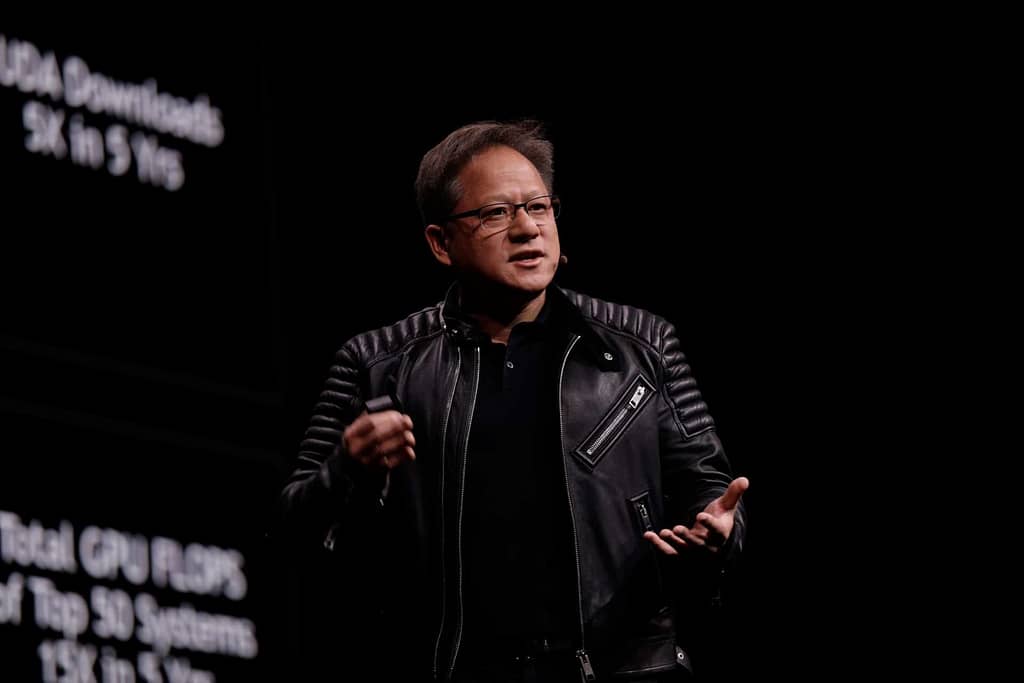Tesla, the electric vehicle giant led by billionaire Elon Musk, has long been the subject of speculation regarding its entry into the Indian market. The dream of a Tesla manufacturing facility on Indian soil has tantalized both enthusiasts and skeptics. However, despite the enthusiasm, several roadblocks have impeded Tesla’s progress in India. This article delves into the challenges and possibilities surrounding Tesla’s potential venture into the Indian market, addressing issues like incentives, taxation, and partnerships.
Tesla Indian Perspective
India, for years, has been promoting green technology and electric vehicles as a logical step towards a sustainable future. Musk has not been oblivious to the vast potential of the Indian market. In a recent statement, Elon Musk expressed his interest in making “significant investments” in India. He even hinted at a possible visit to India in the upcoming year, further fueling speculation about Tesla’s entry.
The Indian government, under the leadership of Prime Minister Narendra Modi, has actively encouraged green technology and electric vehicles. In a meeting between Modi and Musk earlier this year, there were discussions about bringing Tesla to India. Expectations soared at the time, but enthusiasm waned as reports emerged that Tesla sought special incentives to set up its operations in India. This request, often interpreted as tax cuts, raised concerns about fairness and competition.
The Incentive Conundrum
Tesla’s alleged desire for incentives sparked a debate in India. The government, recognizing the potential of its own vehicle market, hesitated to offer preferential treatment to the EV manufacturer. India’s vehicle market is substantial and offers growth prospects for new entrants. Providing tax incentives and breaks could potentially disadvantage local companies. In response to Tesla’s request, the Indian government suggested customer subsidies as an alternative approach to making EVs more affordable without compromising tax revenues.
Luxury Vehicle Taxation

One of Tesla’s demands that seemed unfeasible was the classification of its vehicles. Tesla’s cars are known for their premium price tags, with the cheapest model close to 2 million rupees, or 20 lakh in Indian currency. As a result, they would be classified as luxury vehicles and subject to luxury vehicle taxes. However, Tesla argued that as electric vehicles, they should be exempt from this classification, aligning with their environmentally friendly nature. This request highlighted the challenge of accommodating a premium brand in a market where affordability is a key concern for consumers.
Chinese Partnerships
Another significant hurdle was Musk’s wish to collaborate with Chinese firms. Musk already operates major plants in China and relies on Chinese companies for parts. Extending this partnership to India became a contentious issue. India and China have had strained relations, particularly since the border dispute in 2020. Chinese companies based in India presented a diplomatic challenge. To address this, India offered a compromise: Chinese firms could partner with existing Indian companies. This solution sought to balance Musk’s requirements with India’s geopolitical sensitivities.
The Road Ahead
Despite these challenges, there is hope for a breakthrough. Reports indicate that approvals for Musk’s entry into India are on track to be cleared by next January, coinciding with India’s Republic Day. This event holds significant cultural and political importance, and in 2024, India has invited US President Joe Biden to be the chief guest. An announcement regarding Tesla’s “Make in India” plans on this occasion could mark a momentous step towards the company’s presence in the Indian market.
The journey of Musk towards ‘Making in India’ has been marked by challenges, negotiations, and compromises. The Indian government’s stance on incentives and taxation is rooted in a commitment to fairness and local competition. Tesla’s aspirations to work with Chinese firms and secure favorable vehicle classifications have underscored the complexities of operating in a diverse and geopolitically sensitive market like India. While it remains to be seen whether all the pieces will fall into place for Tesla’s entry into India, the possibility of an announcement on India’s Republic Day presents a glimmer of hope for electric vehicle enthusiasts in the country.
As the Indian government and Tesla navigate these challenges, the world will be watching to see how this potential collaboration unfolds in the coming months.




